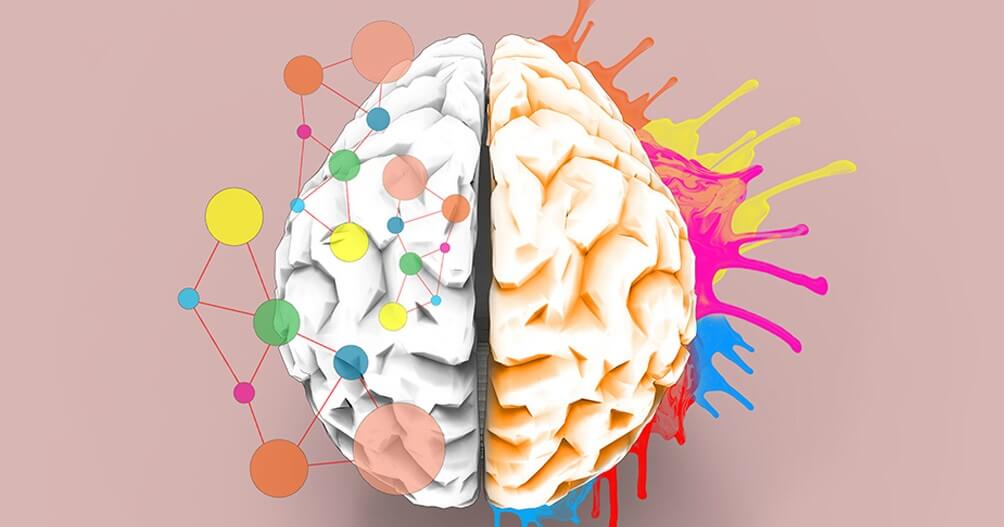Much has been written about the various advantages of quilting, but it is only in the last few years that scientists and researchers have begun to investigate this notion. Quilting was once done for a very tangible reason: to keep the family cozy throughout the winter months. This is no longer necessary because of technological advancements, and with women working more outside the home, there is less time. Surprisingly, and luckily, this did not lead to the end of quilting, which is still alive and well as a hobby and creative outlet.
What is quilting?
Quilting is the process of sewing two or more layers of fabric together to create a thicker, more cushioned material, which is often used to make a quilt or quilted garment. Quilting is typically done in three layers: the top fabric or quilt top, batting or insulating material, and backing material, however many diverse techniques are used.
Health benefits of quilting:
You can find many quilt shops online. Why do you think they are growing? Because quilting is a wonderful source of motivation for all quilters, but did you know that may also be beneficial to your anxiety and depression?
Detach from the robotic world
We are all technologically obsessed. This isn’t entirely a terrible thing! On the other hand, staring at your tablet or laptop for long periods of time is detrimental to your eyes. The actual process of quilting, from selecting fabric to cutting and sewing blocks together, is time set apart that allows you to disengage and instead focus on creating. Quilting’s atmosphere also helps you focus on finishing tasks rather than decreasing your attention span, which is important because quilting is an art that takes your whole concentration.
Relieves stress
According to occupational therapist Victoria Schindler, we are always stressed. This is because our brain cells haven’t developed to recognize the difference between an approaching meeting with a new customer and a tiger assault. The good news is that repeated motions in crafts such as quilting engage our parasympathetic nervous system. This, in turn, soothes our body’s fight or flight response.
Brain exercise:
The process of blending color and forms is another key health benefit of quilting. The use of bright colors was ‘uplifting,’ the activity diverted attention away from work-related stress, and quilting provided tasks such as algebra and geometry. Not only does establishing color value and combining different colors make us feel better emotionally, but it also adds an aspect of play to our life, which is essential for stress management.
Makes happy:
People are happiest when they are engaged in meaningful employment. This may be said of quilters who have created something beautiful and concrete to show for their labor, as well as something to share with their friends and relatives. According to one research, when quilt makers look at their final creation, their brains get saturated with the pleasant hormones dopamine and serotonin. This sensation of success also reduces the levels of stress and anxiety hormones in the brain. In summary, quilting, more often than not, makes individuals happy, fulfilled, and accomplished.
Builds community:
With today’s growing suburbs, which tend to alienate us from one another and make informal get-togethers unusual, this has become increasingly difficult. The problem is aggravated further by the isolating effects of contemporary technology, which may leave people in their own tiny digital worlds or, at most, merely electronically linked to friends who remain unseen and unmet in person.
While there are many online quilting organizations to join and follow, one of the most fantastic perks of quilting is that practically wherever you travel, there are groups and associations that meet frequently and in person to explore and practice their passion of quilting.
Final thoughts:
Quilting is a physical hobby, and our talents evolve as our bodies do. Crafters, on the other hand, are frequently driven to keep as healthy as possible in order to pursue their work for as long as feasible.
Learning new talents is a great way to keep your mind and body active. You can learn more complicated patterns or new talents as you like or as your body requires.

